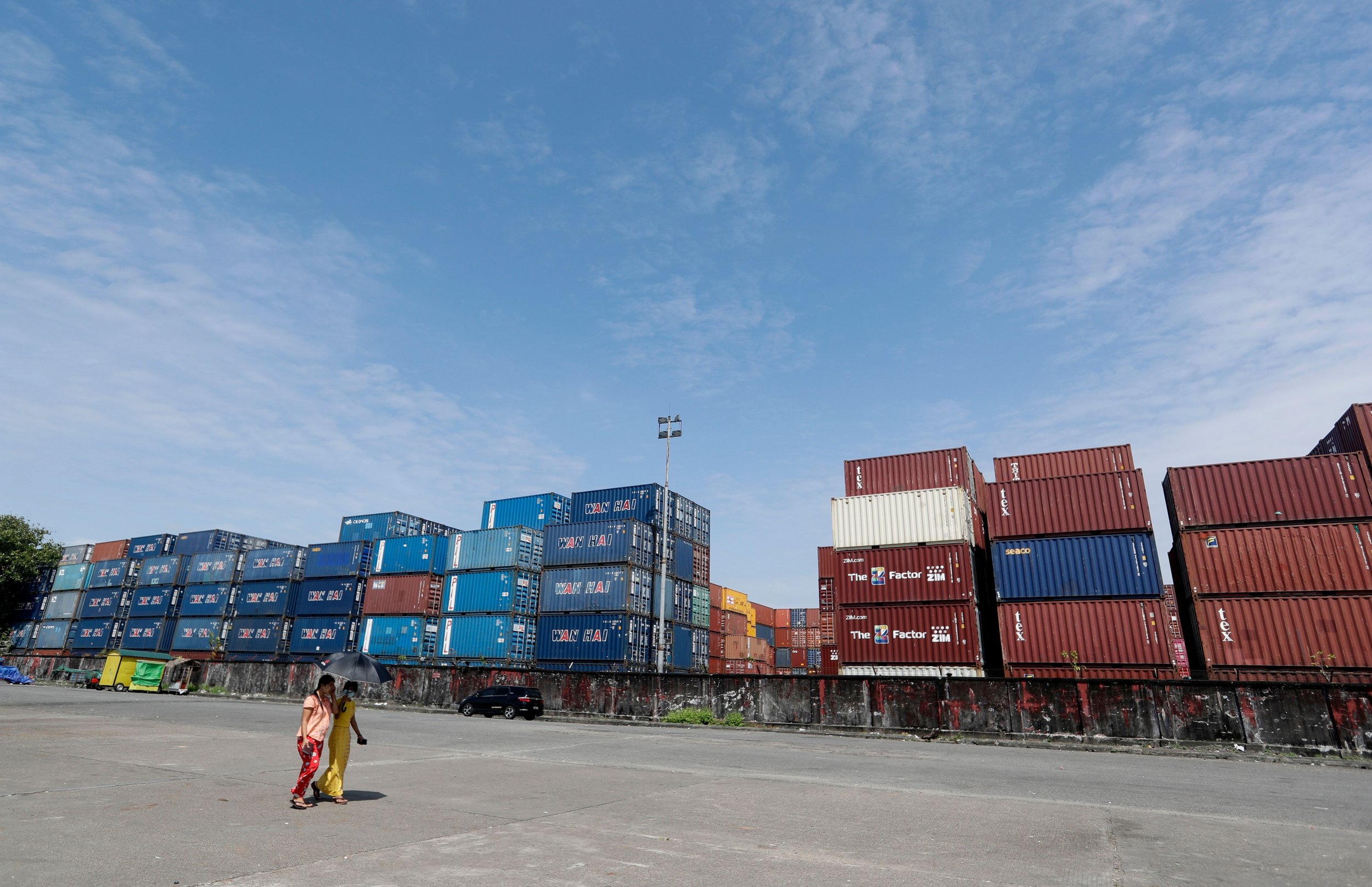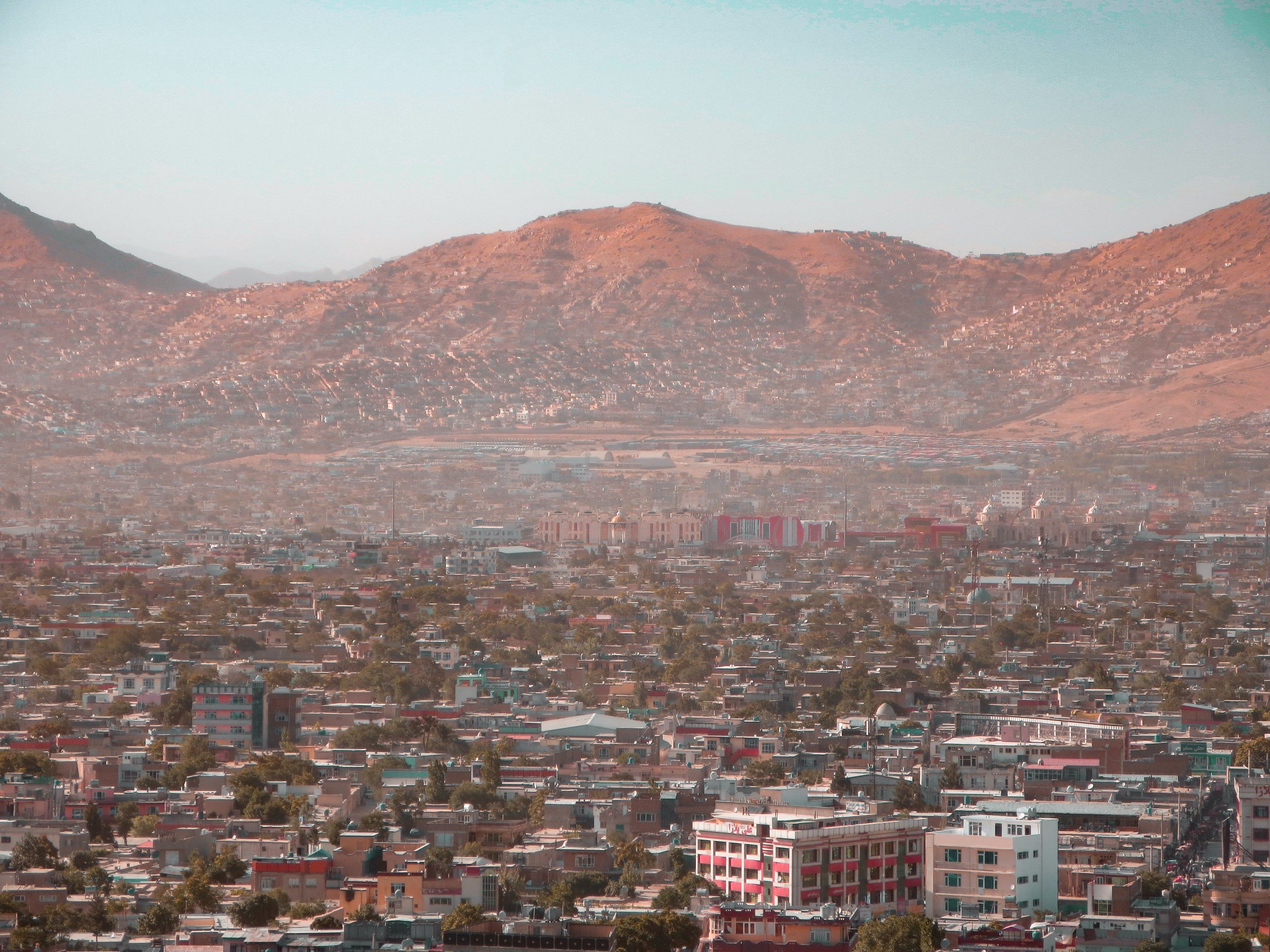PROJECTS
Here, you will find a one-stop-shop for each SOC ACE research project including publications, information about events and external engagement, media and contact details for researchers.
Incorporating serious organised crime into understandings of elite bargains & political settlements
This research builds on previous work on how states and societies that are in the throes of violent conflict can evolve from exclusionary political systems anchored in narrow pacts and agreements among elites (or what is referred to in the literature as “elite bargains”) into more peaceful, open, representative and inclusive political systems in the longer term (see the synthesis report here). An important insight from that research was that organised crime actors remain a significant gap in the evidence base on elite bargains and political settlements (or the ‘rules of the game’, both on paper and how they are …
Interoperability, multi-agency sensemaking and the potential of AI for more politically feasible & effective strategies and operations
This project aims to better understand some of the interoperability challenges for improved multi-agency collaboration and decision-making. While a growing body of evidence suggests we need to develop more problem-driven, politically feasible strategies and operations on organised crime and corruption, there are often differences of opinion in multi-agency teams on what this means and what is needed. Drawing on semi-structured interviews and focus group discussions with policymakers and practitioners from a range of agencies, we will design sensemaking workshops to build better understanding of bottlenecks for communications and implications of missing or ambiguous information, and proposing potential solutions to these problems. While generating useful insights in its own right, workshops will also inform the potential development of a Cooperative AI system to improve decision-making for strategies and interventions in the future.
Narcotics smuggling in a new Afghanistan
This research is part of the project ‘Monitoring the evolution of the illicit economy in Afghanistan’ which seeks to develop an overarching framework to better understand how a monitoring system for illicit markets in Afghanistan could operate. This will provide policy-makers in Europe and elsewhere with more advanced tools for scenario planning illicit trade developments and thereby formulate more effective policy responses against them. The research paper examines Afghanistan’s narcotics trade and smuggling patterns, which are intertwined in different ways with the economic fate of the Afghan state and society.
Unlocking the black box of political will on IFFs: going beyond technical responses
The harms on economies and societies are significant when proceeds of crime and corruption are moved unimpeded through the global financial and trade systems. As policymakers are looking to identify ways to respond better to illicit financial flows (IFFs), this research project seeks to better understand what enables IFFs, if there is political will to address IFFs and what interventions have been successful in addressing IFFs as part of a politically sensitive approach. The overarching conclusion of the initial research was that the line between business, politics and crime has never been more blurred. The research proposes a framework, the so-called ‘IFFs pyramid’, to explain the three dominant means by which IFFs are enabled, moved and held: financial flows, trade flows and informal flows. In its second phase, the research project is testing the use and applicability of this framework in East and Southern Africa and the Mekong region.
Evaluating Afghanistan’s past, present and future engagement with multilateral drug control
This research is part of the project ‘Monitoring the evolution of the illicit economy in Afghanistan’ which seeks to develop an overarching framework to better understand how a monitoring system for illicit markets in Afghanistan could operate. This will provide policy-makers in Europe and elsewhere with more advanced tools for scenario planning illicit trade developments and thereby formulate more effective policy responses against them. With the Taliban capturing control of Afghanistan, what the new regime will mean for illicit economies in the country, the region and the global community more broadly, and how they may evolve in the future, is the subject of this analysis.
Drug trafficking, violence, and corruption in Central Asia
Central Asia experiences minimal direct violence associated with drug trafficking, despite serving as a significant drug trafficking route, with 90 tonnes of heroin flowing annually from Afghanistan to Russia and Europe. The region is emerging as both a transit zone and producer of synthetic drugs, sourced from China, while the demand for heroin grows in Russia and Europe. This project aims to explore the relationship between police corruption, illegal drug trafficking, and violent tactics employed by criminal organisations and/or law enforcement agencies in all four Central Asian countries. The project analyses big data on violence, drug interdictions, and patterns of corruption…
Developing government information and accountability systems for combating serious organized crime: Medellín demonstration project
Like most cities, the Medellín Mayor’s Office and the Colombian police focus their efforts on managing what they measure--homicides and violent crime. While of course there are legitimate reasons to tackle violence, there is relatively less attention to other deleterious effects of SOC: high levels of civilian extortion, criminal political control of civilians, criminal capture of local state and community governments, retail drug sales, and so forth. In addition to being costly in and of themselves, these actions also undermine the local control and legitimacy of the state. We believe that these harmful consequences are overlooked in part because they are not measured. We aim to demonstrate the feasibility of collecting a wide variety of metrics on SOC and establish the practice of collecting, monitoring, and using these metrics for policy analysis and program/policy design and evaluation.
Transnational governance networks against grand corruption: law enforcement and investigative journalists
Grand corruption is a transnational problem requiring cooperation among anti-corruption actors. Law enforcement actors find that cooperation is difficult to achieve. This has been attributed to; the political sensitivity of investigations, lack of trust among agencies, difficulties in sharing intelligence securely, weaknesses and discrepancies in capacity, and organisational incentive structures that favour quick and easy cases. However, investigative journalists, increasingly cooperate across borders to investigate, and expose corruption. This research explores these two under-researched sets of anti-corruption actors, specifically the challenges to cooperation and possible solutions among law enforcement agencies; among investigative journalists; and between the two groups of actors.
Assessing the effectiveness of sanctions as a tool to disrupt serious organised crime
This project seeks to address a number of gaps in the evidence base on the effectiveness of sanctions use by countries to tackle SOC. It aims to make a key contribution as an independent study of existing experience of using sanctions against SOC – and the lessons this experience holds for the UK.
Assessing the illicit finance and terrorist financing nexus in the case of Afghanistan since the fall of the Taliban in 2001
With the fall of the Ghani government in August 2021 and the return of the Taliban to power in Afghanistan, the future of the international community’s financial relationships with the governing regime in Kabul should be reassessed. An understanding of the difference between illicit finance risks and terrorist financing risks emanating from the country, as well as the nexus between them, is critical for this purpose.
Combating trade-based money laundering: do the Financial Action Task Force recommendations bite?
The Financial Action Task Force (FATF) focuses on combatting money laundering. In February 2012, it codified its recommendations setting the global standard on combating money laundering and terrorist financing. Countries voluntarily accept FATF recommendations and must produce their anti-money laundering (AML) framework for assessment by FATF once they’ve accepted. This project examines eight African and Middle Eastern countries that voluntarily implemented these recommendations from 2012 to 2020. It tests the hypothesis: Does implementing FATF recommendations reduce trade gaps? Using a ‘difference in difference’ methodology the project tests whether suspected illicit financial flows (IFF), measured through the trade-gap methods, decline after the decision to implement FATF recommendations.
Human trafficking in the Afghan context
Decades of wars and internal conflicts have driven generations and millions of Afghan families into impoverishment, illiteracy, unemployment, and displacement, rendering them unable to provide for their household members, particularly children. Political instability and conflicts have increased human suffering and vulnerabilities, eroded community resilience, stripped people of legitimate and viable economic options, opportunities, and livelihoods, as well as amplifying (in several cases also creating new forms of) human trafficking activities and practices. Drawing on existing academic and grey literatures, expert interviews and media reports, the research first provides a brief overview of human trafficking situations, forms, their widespread reach and …
Illicit markets and targeted violence in Afghanistan
This project examines the potential of using illicit market violence in Afghanistan as a proxy to project current and future trends of other illicit and criminal market development in the country. It does so by using a methodology developed by GI-TOC to examine targeted assassinations. By applying variables from the methodology to research and analysis on targeted violence in Afghanistan during a period of increased violent crimes against civilians (2020-2021), the project map recent trends in the country and aims to explore whether monitoring such violence can serve as a proxy for understanding the changing dynamics of illicit economies and criminal actors at the national and regional scale.














